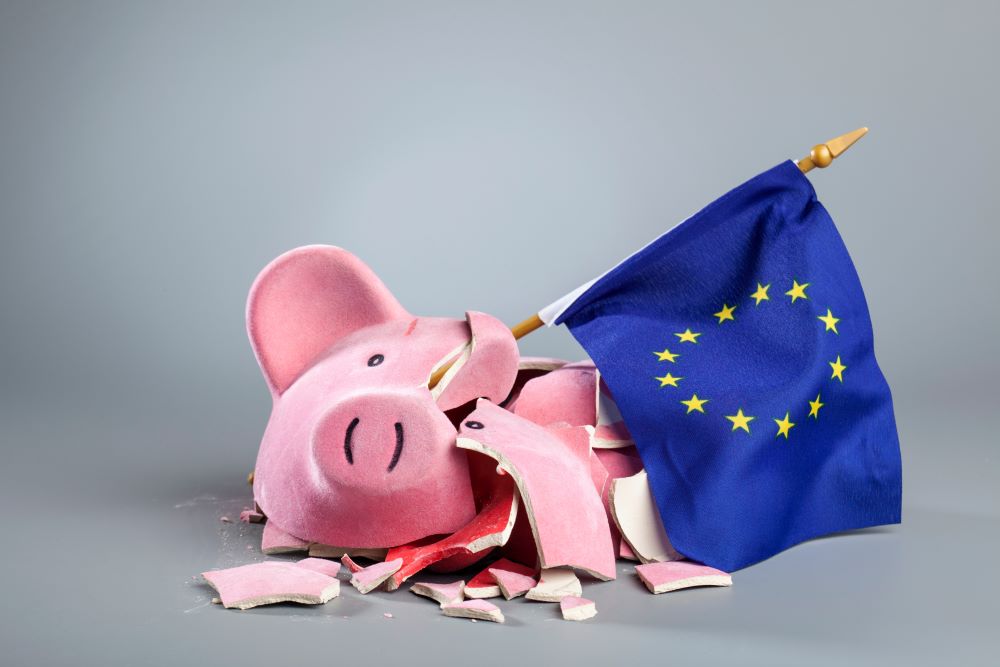Belgium will ban the sale of disposable electronic cigarettes as of Jan. 1 on health and environmental grounds in a groundbreaking move for European Union nations.
Health minister Frank Vandenbroucke said the inexpensive e-cigarettes had turned into a health threat since they are an easy way for teenagers to be drawn into smoking and get hooked on nicotine.
“Disposable e-cigarettes is a new product simply designed to attract new consumers,” he said in an interview, according to NPR.
Because they are disposable, the plastic, battery and circuits are a burden on the environment. On top of that, “they create hazardous waste chemicals still present in what people throw away,” Vandenbroucke said, adding that he wants tougher tobacco measures in the 27-nation bloc.
“We are really calling on the European Commission to come forward now with new initiatives to update, to modernize, the tobacco legislation,” he said.
There is an understanding of Belgium’s decision, even in some shops selling electronic cigarettes, and especially on the environmental issue.
Once the cigarette is empty, “the battery is still working. That’s what is terrible, is that you could recharge it, but you have no way of recharging it,” said Steven Pomeranc, owner of the Brussels Vapotheque shop. “So you can imagine the level of pollution it creates.”
A ban usually means a financial loss to the industry, but Pomeranc thinks it will not hurt too much.
“We have a lot of alternative solutions which are also very easy to use,” he said. “Like this pod system, which are pre-filled with liquid, which can just be clipped into the rechargeable e-cigarette. So we will simply have a shift of clients towards this new system.”




















